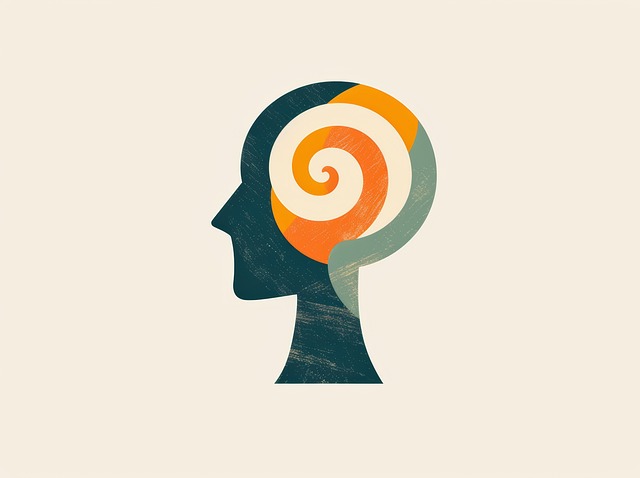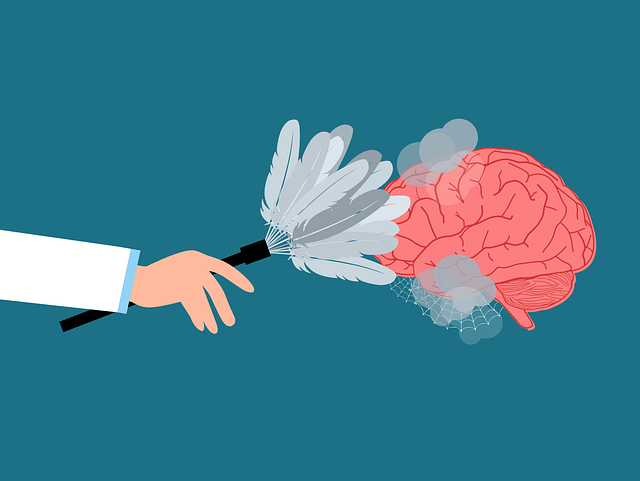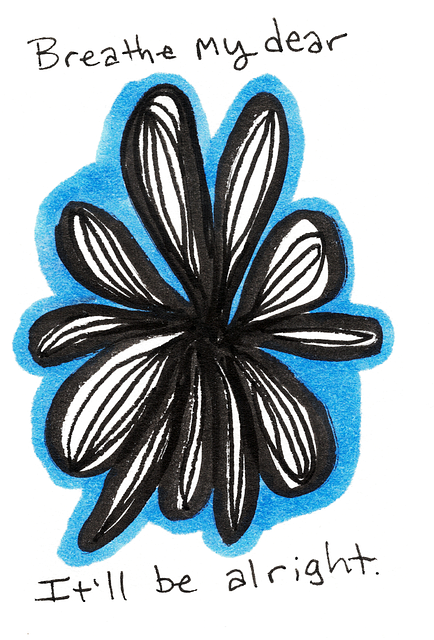Parker Child Abuse Therapy (PCAT) emphasizes understanding mood regulation strategies for mental health well-being, combining play therapy, cognitive-behavioral techniques, and compassion cultivation. They treat complex trauma in children through evidence-based practices addressing anxiety, depression, and behavioral issues. PCAT encourages self-awareness, emotional regulation, and proactive mood management with tailored coping mechanisms integrated into daily routines. Their programs, like Stress Management Workshops and personalized Mental Wellness Coaching, foster resilience and improve quality of life, contributing to a more fulfilling existence.
Mood regulation strategies are essential tools for navigating life’s challenges and promoting mental well-being. This article explores effective methods, with a particular focus on the holistic approach of Parker Child Abuse Therapy. We delve into its techniques, offering insights that can empower individuals to understand and manage their moods. From daily practices to specialized therapies like Parker’s method, these strategies aim to foster resilience and enhance overall emotional health.
- Understanding Mood Regulation Strategies
- Parker Child Abuse Therapy: A Holistic Approach
- Effective Tools for Daily Practice
Understanding Mood Regulation Strategies

Understanding Mood Regulation Strategies is a crucial aspect of maintaining mental health and overall well-being. Parker Child Abuse Therapy emphasizes the importance of teaching individuals effective tools to manage their emotional states, especially in challenging situations. Through therapeutic interventions, clients learn to identify triggers and develop coping mechanisms tailored to their unique needs.
The Mental Wellness Podcast Series Production offers valuable insights into various mood regulation techniques, including mindfulness exercises, cognitive behavioral therapy (CBT), and stress management strategies. These tools aim to enhance one’s ability to navigate through life’s ups and downs, fostering a sense of calm and resilience. By prioritizing mental health awareness, individuals can proactively improve their anxiety relief and overall emotional balance, leading to a more fulfilling and balanced life.
Parker Child Abuse Therapy: A Holistic Approach

The Parker Child Abuse Therapy (PCAT) is a revolutionary approach in addressing complex trauma and emotional distress in children. This holistic methodology recognizes that each child’s experience is unique, requiring tailored strategies to regulate mood and foster healthy development. PCAT integrates various therapeutic techniques, including play therapy, cognitive-behavioral methods, and compassion cultivation practices, to create a nurturing environment. By combining these evidence-based approaches, mental health professionals can effectively manage risk factors associated with trauma, such as anxiety, depression, and behavioral challenges.
This comprehensive strategy goes beyond traditional talk therapy by engaging children in activities that promote self-awareness, emotional expression, and positive coping mechanisms. Through play and creative expression, therapists help children make sense of their experiences and develop healthy ways to manage intense emotions. Moreover, PCAT encourages a culture of compassion within the therapeutic setting, where professionals learn to respond with empathy and understanding, further enhancing the healing process for young clients.
Effective Tools for Daily Practice

In the quest for optimal mental health, individuals often seek powerful tools to manage their moods effectively. One such resource is Parker Child Abuse Therapy, which offers valuable insights into navigating emotional challenges. This therapeutic approach equips individuals with a range of strategies tailored to daily practice, fostering a sense of control and resilience. By incorporating techniques learned from professional therapy into everyday routines, people can proactively regulate their moods and enhance overall well-being.
The Parker Child Abuse Therapy framework emphasizes the importance of self-awareness and emotional regulation. It encourages the development of coping mechanisms that go beyond reactive responses to stress. In this context, Stress Management Workshops Organization plays a pivotal role in providing structured programs designed to teach individuals how to manage their minds during trying times. Additionally, Mental Wellness Coaching Programs Development offers personalized guidance, helping people discover their unique inner strength and resilience. Through such initiatives, individuals gain practical skills for maintaining mental balance, ultimately contributing to improved mood regulation and enhanced quality of life.
Mood regulation strategies, such as those offered through Parker Child Abuse Therapy, play a vital role in managing emotional well-being. By understanding and implementing these techniques, individuals can navigate life’s challenges more effectively. The holistic approach of Parker Child Abuse Therapy provides powerful tools for daily practice, empowering folks to foster resilience and enhance their overall mental health.














